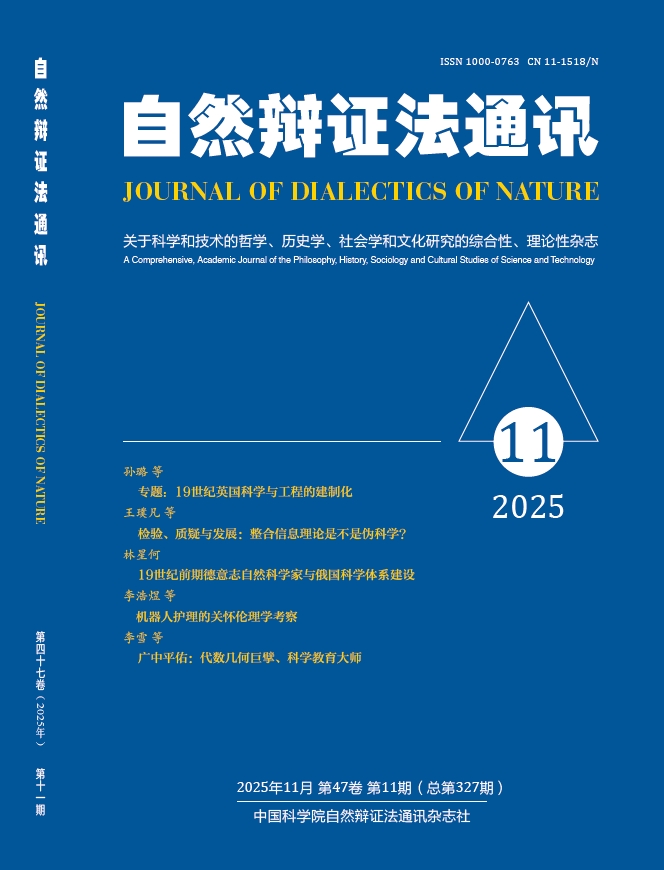

Published Online: 2025.10.10
DOI: 10.15994/j.1000-0763.2025.11.007 CSTR: 32281.14.jdn.2025.11.007
Abstract: This paper examines the establishment of the North China Branch of the Royal Asiatic Society (NCBRAS), which was initially known as the Shanghai Literary and Scientific Society, focusing on its merits and drawbacks from the perspective of scientific imperialism. It analyzes the founders’ motivations and their affiliation with the Royal Asiatic Society of Great Britain and Ireland (RAS), framing NCBRAS as a product of scientific imperialism. Unlike previous sinology-centric research, this study explores the benefits derived from scientific institutions, Orientalist traditions, and Europe’s overseas expansion. Despite the opportunity provided by all the merits, the NCBRAS also faced challenges due to Chinese and foreign hostilities, financial inadequacies, and cultural differences. This dual situation played a pivotal role in shaping the future trajectory of the NCBRAS. This inquiry into the context and drawbacks contributes to a deeper understanding of NCBRAS and offers new perspectives on natural history research in 1850s China.
Key Words: NCBRAS (Shanghai Literary and Scientific Society); Scientific imperialism; Scientific institutionalization; Sinology tradition
See the full text at: https://jdn.ucas.ac.cn/public/uploads/files/68f05d7d5e3a2.pdf
- Contact Us
- Address: No.19A Yuquan Road, Beijing, 100049, China
- Phone: +86-10-88256007
- Email:jdn@ucas.ac.cn




